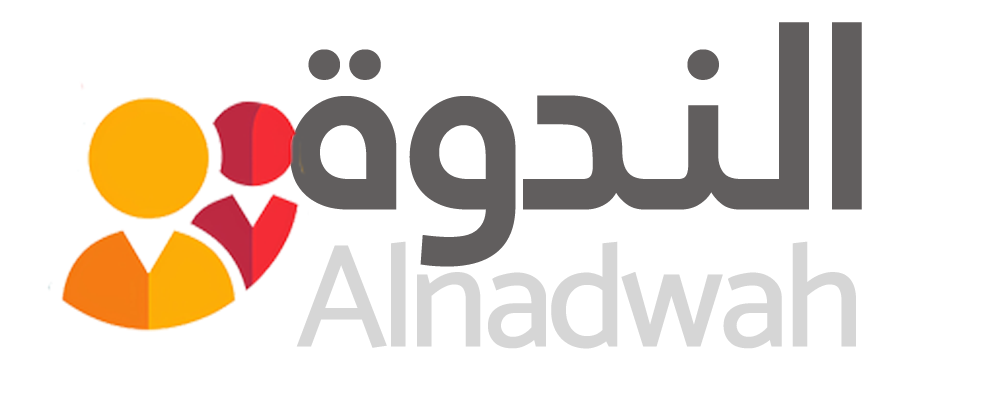EXPLORING THE INFLUENCE OF DIGITAL LITERACY SKILLS, AND FUNCTIONAL SKILLS WITH ICT SELF-EFFICACY AS A MEDIATOR AT PRIMARY SCHOOL LEVEL: A NEED ASSESSMENT ANALYSIS IN DISTRICT KOT ADDU
Contributors
Muhammad Kashif Majeed
Dawood Abdul Malik Yahya Al-Hidabi
Keywords
Proceeding
Track
Article
License
Copyright (c) 2024 Muhammad Kashif Majeed; Dawood Abdul Malik Yahya Al-Hidabi;

This work is licensed under a Creative Commons Attribution-NonCommercial 4.0 International License.
Abstract
Digital literacy encompasses a wide range of skills, including managing risk and one's online identity, accessing, organizing, and presenting information, and interacting and connecting with others through the use of technology and systems. Proficiency in using novel technologies and discernment in selecting the best suitable tool for a given task are essential skills that were prepare students for the swiftly evolving digital workplace Edith Cowan University. The study's goals were to find out how teachers feel about their own need for digital knowledge and creativity., as well as which Tehsils have training in digital literacy and which Tehsils don't. Anyone in that tehsil who doesn't know about digital literacy and its classes were need to be taught about them (JISC (2014). Functional skills are the transferable knowledge and abilities in English, math, and ICT (information and communication technology) that enable people to function successfully, self-sufficiently, and with confidence in both their personal and professional lives (lead academy 2022). the capacity of pupils to handle informational problems in an information society by using digital technology, communication tools, and/or networks in an acceptable manner (Rockman, Smith, 2005). To investigate the relationship between digital literacy and functional skills, while examining the mediating role of ICT self-efficacy.to explore the interplay between digital literacy and functional skills, with a specific focus on understanding how ICT self-efficacy mediates this relationship. Looking into how digital learning tools and personal creativity can work together. The study was quantitative, and a questionnaire was used as the main tool. The population was made up of 1,000 teachers from area Kott Addu's primary schools. A form was used to get quantitative data. The collected data was looked at by figuring out the percentages. In area Kott Addu, tests were done as a pilot. An expert's view and Cronbach alpha were used to judge the questionnaire's validity and reliability.
